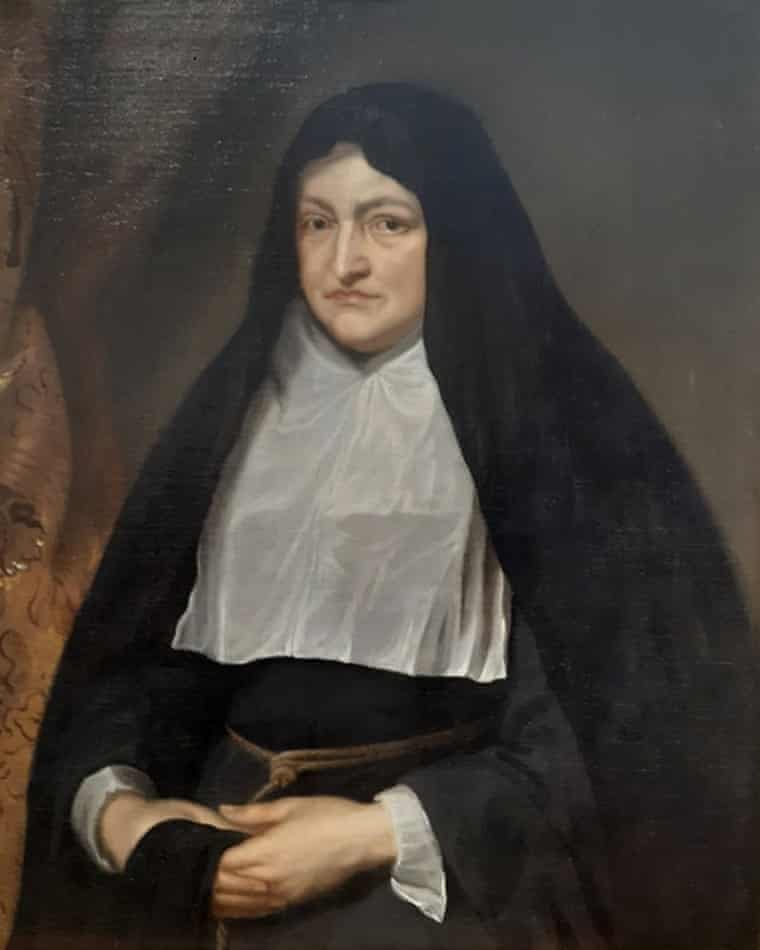Art History
An Art Historian Bought a Van Dyck ‘Copy’ for Just $90 in 1976. Experts Now Say It’s Probably the Real Deal
The work had been hanging in the Christopher Wright's home for 50 years.

The work had been hanging in the Christopher Wright's home for 50 years.

Sarah Cascone

Art historian Christopher Wright has a track record of spotting unrecognized masterpieces from art history in other people’s collections. But his latest find comes a bit closer to home. It turns out, a portrait he picked up for just £65 back in 1970 may actually be an original work by the great 17th-century Flemish artist Anthony van Dyck.
Wright had always assumed that the portrait of Isabella Clara Eugenia, sovereign of the Spanish Netherlands from 1598 to 1621, was a mere copy. But when Colin Harrison, senior curator of European art at the Ashmolean Museum, Oxford, stopped by for a visit, he was immediately struck by the work’s quality, and told Wright it might be the real deal.
The art historian decided to act on Harrison’s hunch and had the painting examined and restored at London’s Courtauld Institute of Art.
“The adroit skill leads us to tentatively propose that [it] can be attributed to Van Dyck’s workshop and that it was completed during his lifetime and under his supervision,” the Courtauld wrote in a report by Kendall Francis and Timothy McCall.
Now, Wright believes that the real Van Dyck, lying under he nose for over 50 years, could be worth as much as £40,000 ($54,000).
Wright has previously identified works including a George Stubbs portrait at Ferens Art Gallery in Hull. This latest unexpected discovery suggests that Wright should have taken the proverb “physician, heal thyself,” to heart.
“The syndrome is the cobbler’s children are the worst shod. So the art historian’s collection is the least looked at,” Wright told the Guardian. “It was dirty and had yellow varnish, but it was in decent condition. The whole thing looks absolutely magnificent now.”
Van Dyck likely painted the work between 1628 and 1632, depicting the Eugenia in a nun’s habit, mourning the death of her husband, Archduke Albert VII of Austria, in 1621.
Wright wants the work to end up in a public institution, and has arranged a long-term loan of the piece to the Cannon Hall Museum, Barnsley, which specializes in 17th-century Dutch and Flemish paintings.